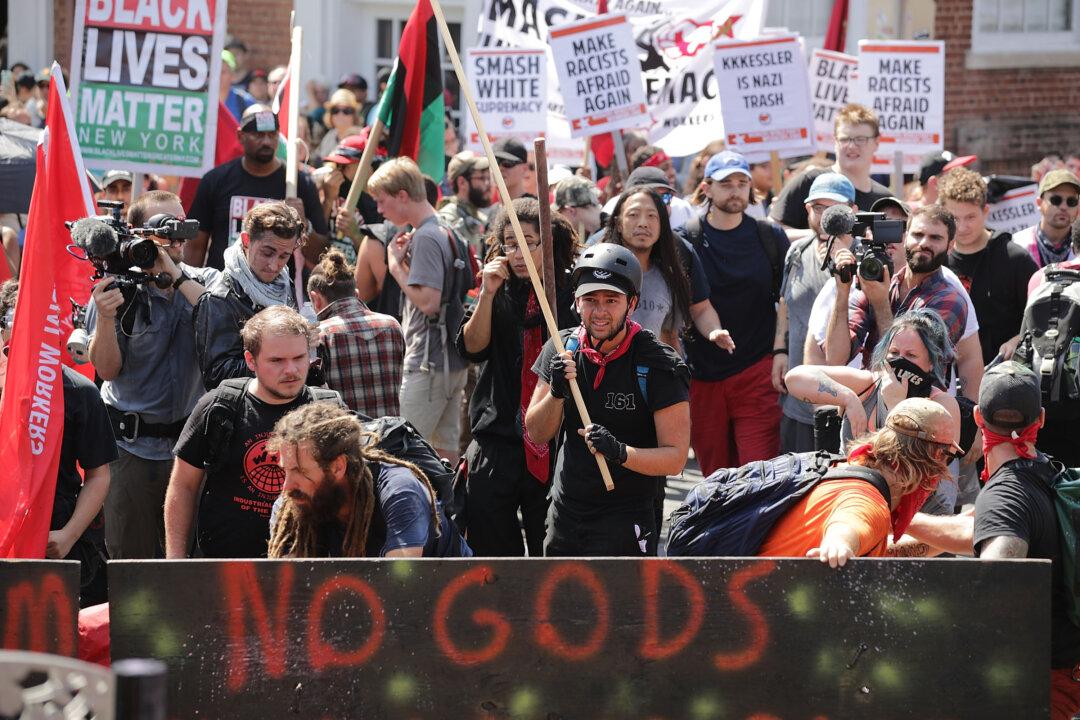Russia’s Internet Research Agency was recently highlighted in charges from special counsel Robert Mueller for its operations “to interfere with elections and political processes.”
According to a new book, however, the Russian operations are just a small part of a much larger picture. Special interest groups, governments, and big businesses are trying to alter the way we perceive information in order to influence the culture and underlying values of our societies.





